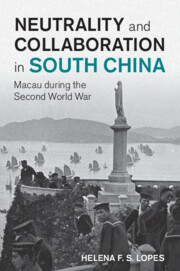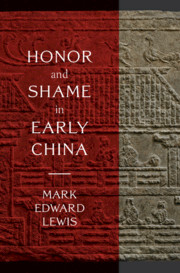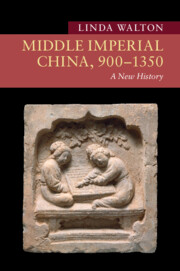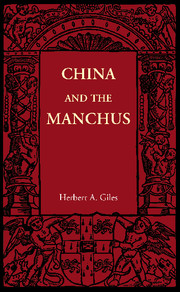Neutrality and Collaboration in South China
The South China enclave of Macau was the first and last European colonial settlement in East Asia and a territory at the crossroads of different empires. In this highly original study, Helena F. S. Lopes analyses the layers of collaboration that developed from neutrality in Macau during the Second World War. Exploring the intersections of local, regional and global dynamics, she unpacks the connections between a plurality of actors with competing and collaborative interests, including Chinese Nationalists, Communists and collaborators with Japan, Portuguese colonial authorities and British and Japanese representatives. Lopes argues that neutrality eased the movement of refugees of different nationalities who sought shelter in Macau during the war and that it helped to guarantee the maintenance of two remnants of European colonialism – Macau and Hong Kong. Drawing on extensive research from multilingual archival material from Asia, Europe, Australasia and America, this book brings to light the multiple global connections framing the experiences of neutrality and collaboration in the Portuguese-administered enclave of Macau.
- Sheds new light on neutrality experiences in World War II beyond Europe
- Analyses overlapping experiences of collaboration in the only foreign-ruled territory in China not occupied by Japan during World War II
- For scholars, students and wider audiences interested in East Asian history, the history of the Second World War, the history of war and society, colonial history and refugee histories
Reviews & endorsements
‘In this deeply researched account, Lopes illuminates how Macau became a refugee city, a cosmopolitan society, and a global wartime nexus. At once diplomatic and social history, this book challenges our understandings of neutrality and collaboration. This book puts Macau on the map of histories of empire, China, and the world.’ Denise Ho, Yale University
‘This is a well researched and thoughtful exploration of the ways in which the liminal territory of Macau during World War II complicates our conventional understandings of such concepts of neutrality, Empire, and collaboration. A brilliant book that will be a welcome addition to the growing literature on the war in East and Southeast Asia.’ Julia C. Strauss, School of Oriental and African Studies, University of London
‘For anyone interested in Macau during the war, they owe Professor Lopes a debt of gratitude.’ Peter Rose, Journal of the Royal Asiatic Society Hong Kong
Product details
April 2025Paperback
9781009311762
342 pages
229 × 152 × 18 mm
0.496kg
Available
Table of Contents
- Introduction: An 'East Asian Casablanca'
- 1. Caught in the middle: Macau between Chinese resistance and collaboration
- 2. Old allies and new friends: the Macau Portuguese administration, Japan and Britain before the fall of Hong Kong
- 3. Crisis and opportunity: refugees in wartime Macau
- 4. The last 'lone island': pressure, profits and philanthropy
- 5. Colonial transplantation: Hong Kong in Macau
- 6. Seeking justice and recognition: dealing with neutrality and collaboration after the war
- Epilogue: enduring legacies of a globally connected periphery.









